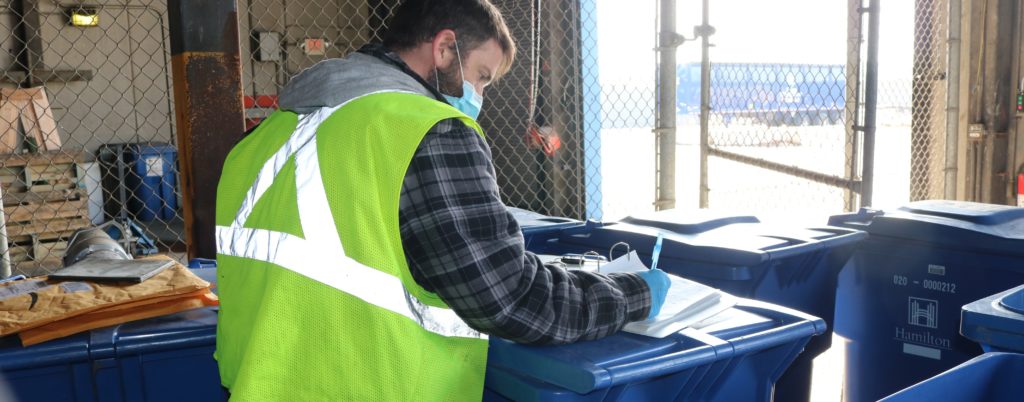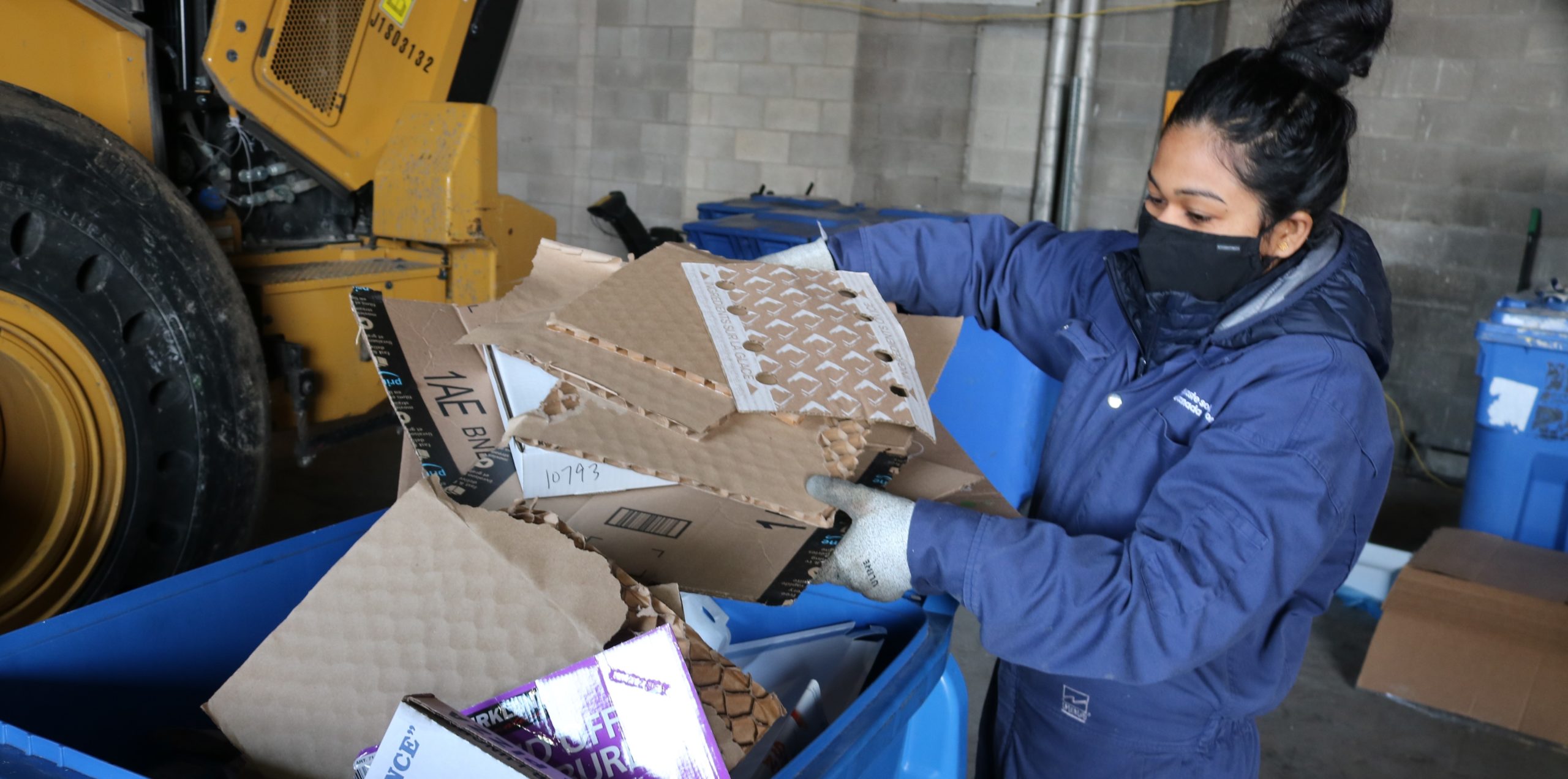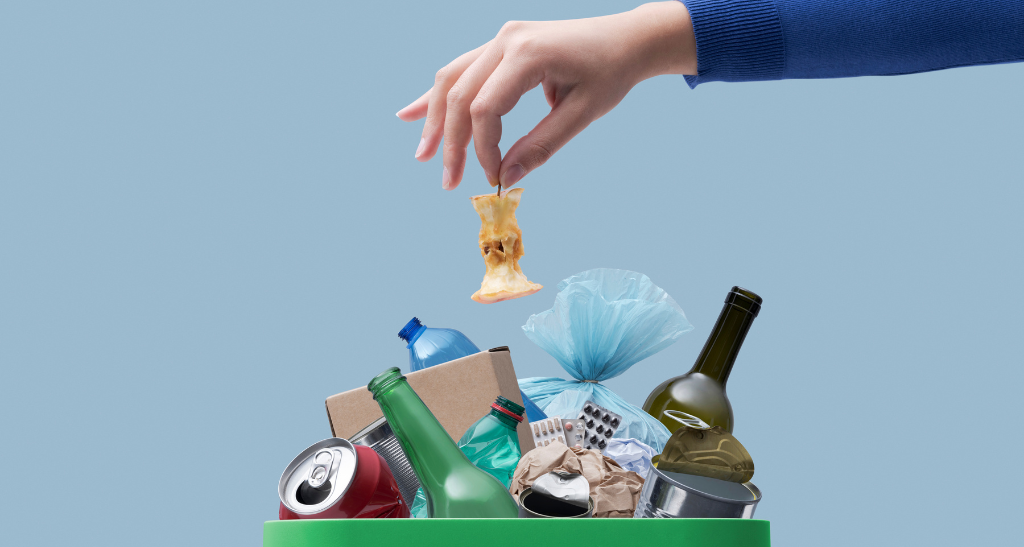When it comes to running a successful business, every area of your daily operations must be strategically managed.
Finance? Managed.
Customer Service? Managed.
Leadership? Managed.
Growth? Managed.
But have you considered that managing your waste is just as essential to achieving your business goals, as these other areas?
In today’s world, it is more important than ever to not just set sustainability goals, but to achieve them, and achieving these goals requires strategic planning. When it comes to strategic planning within the realm of sustainability, the best place to start is the most tangible: Waste.
Like every other area of your business, waste must be managed, and the first step to managing your waste, is to measure it. By measuring your waste, you can develop a road map towards waste diversion success.
How does one develop that road map? By participating in a waste audit. A waste audit is the most critical step in achieving your waste reduction goals, as it will provide you with the evidence you need to be make data driven decisions in designing the waste and recycling programs for your company.
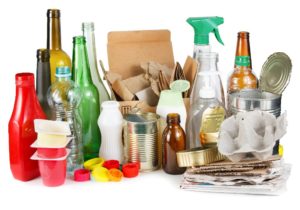
What is a Waste Audit?
A waste audit is a 24-hour sampling of the solid non-hazardous waste, recycling, and organics generated by your location. The purpose of the waste audit is to ASSESS, CLASSIFY, and REPORT on the quantity of waste being disposed of in the various waste streams on site.
- Assess: When our team of expert waste auditors arrives on-site, their first goal will be to assess the existing systems and analyze their level of efficiency in source separation and achieving successful waste diversion.
- Classify: The waste audit team will classify the distinct types of material being disposed of in each solid waste stream, and measure the material by type, categorizing it by weight and volume.
- Report: Upon completion of the waste audit, the data that has been gathered will be formulated into a report, completed to the terms set by the Ministry of the Environment, Ontario Regulation 102/04: Waste Audits and Waste Reduction Work Plans.
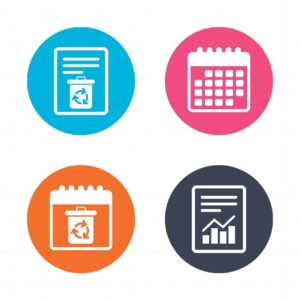
Within your waste audit report, the data gathered will identify key measurements that are imperative to your ongoing success including:
- Waste Diversion Rate – The waste diversion rate will measure the quantity of material that is being diverted away from landfill, through the existing recycling, reuse, and compost programs on-site. The Waste Diversion Rate is often considered the golden standard for measuring the success of your waste and recycling programs and is able to be measured year-over-year to track ongoing success and improvement.
- Capture Rate – The capture rate measures how much of the recyclable material that is being generated is actually being captured by the recycling program. In essence, this rate is aimed at investigating how much recycling is being missed, and going into the waste stream, and later being sent to landfill. The Capture Rate provides a unique insight into how effective the education surrounding your recycling programs is, and where there is an opportunity to increase program compliance.
- Contamination Rate – The contamination rate is arguably the most important measurement to look at, when it comes to improving the success of your overall recycling program. The reason for this is that this measurement will identify how much contamination is present in your recycling, and in an increasingly strict and highly monitored recycling industry, it is imperative to get that number as low as possible. Highly contaminated loads of recycling cannot be sorted and recycled, and therefore will end up in landfill. Our team of expert auditors will identify sources of contamination and help your location to implement a system that minimizes contamination, in order to maximize diversion.

A key goal of the waste audit will be to report on these measurements and more, providing the client with a detailed waste audit report that they can use going forward.
Another essential element of the Waste Audit Report is the inclusion of photos, providing a real life look into the actual material in each of your non-hazardous solid waste streams. These photos will identify where your staff have been successful in diverting recycling away from landfill correctly, but also will identify opportunities for improvement such as highly contaminated areas, or where significant amounts of divertable material have been placed in the waste.
The Waste Audit Report will become your road map for waste diversion success. Using our expertise and industry knowledge, we will provide recommendations of next steps to maximize the existing programs that are currently on site and identify opportunities for change or improvement to increase the overall waste diversion rate for your location.
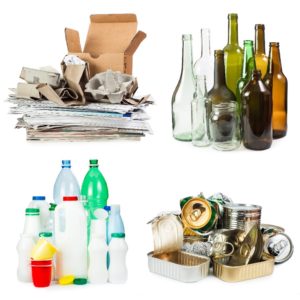
Why Complete a Waste Audit?
Completing a Waste Audit is a key step in achieving the sustainability goals for your business. However, beyond simply being the right thing to do to keep your team on the environmentally forward track, there are important reasons why your business should consider participating in a waste audit this year.
Regulatory Compliance – As an example, in Ontario, the Ministry of the Environment requires certain types of businesses to complete an annual Waste Audit (as outlined in Ontario Regulation 102/94). Required businesses include:
| Establishment Type | Waste Audit Requirement Criteria |
| Office Building | Floor area of at least 10,000 m2 for use as offices |
| Retail Shopping | Floor area of at least 10,000 m2 or if the owner of the property is responsible for the waste management of all tenants |
| Restaurants | Gross sales from all restaurants exceeded $3M in both two previous years |
| Educational Institutions | Persons enrolled at any time during the calendar year is more than 350 |
| Manufacturing | The hours worked by employees per month in the last two calendar years is more than 16,000 |
| Hotels and Motels | Contains 75 units or more |
| Hospitals | Class A, B or F hospital |
| Large Construction/Demolition Projects | Construction or demolition of one of more buildings with total floor area of at least 2,000 m2 |
- What Happens Next? Green Certification Requirement – If a business has any green building or operational certifications such as LEED or BOMA, then a regularly scheduled waste audit is likely required to maintain that certification. For LEED certified buildings, waste audits must be completed every five years, and for BOMA certified buildings, waste audits must be completed once every three years. For many businesses, maintaining this certification is not only an important part of their company values, but it is also reflective of the values of their customers, and an important part of maintaining their trust and confidence that they are committed to doing their part for the environment.
- Environmental Goals Set by Your Business – Sustainability is an important goal for most businesses in our current era, and a key element of achieving true sustainability is reducing our waste and diverting it from landfill. Without question, the best first step to make this happen is to participate in a waste audit. A waste audit will collect the data you need to make evidence-based changes to your daily operations that will increase waste diversion on site for your company. This is also an opportunity to draw upon the industry expertise of the waste auditing team, who will provide recommendations on programs and system changes that can maximize your diversion and help you to reach your full potential.
When the Waste Audit team leaves your premises, their work is far from done. Our team of expert auditors have only just begun their work in helping you better measure, and therefore, manage your waste. As they work to complete your Waste Audit Report, they will be identifying the individualized opportunities for improvement for your business.
Sustainability is not a one-step process, and our goal is to use the Waste Audit Report as a launch pad to take your environmental goals to the next level. Whether that looks like rolling out new programs, improving signage and containerization, education programs, or more, the ultimate goal of the Waste Audit is to provide personalized direction on what steps to take next.
Participating in a Waste Audit is your first step to making a difference today. Like anything in business, if you don’t measure it, you can’t manage it, and managing your waste is absolutely imperative to achieving your sustainability goals.
At Waste Solutions, our team has completed hundreds of successful waste audits across Canada in industrial, commercial, and institutional sectors. Get in touch with us for a waste audit quote and take the first step to stay compliant and achieve your sustainability goals.
